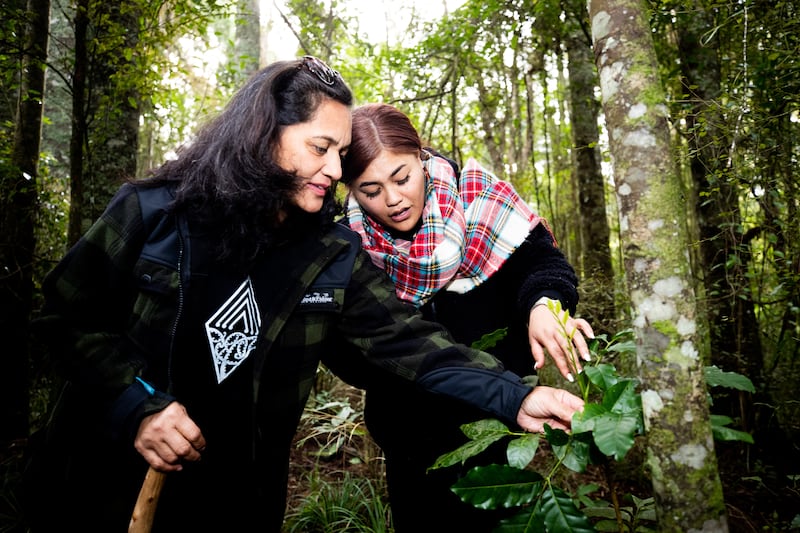The use of rongoā Māori is seeing rapid growth across New Zealand, with the number of claims doubling each year since 2021.
ACC’s Rongoā Māori Service, launched in 2020, has already assisted more than 11,000 clients, offering an alternative and holistic path to recovery.
According to Eldon Paea, ACC’s Head of Māori Health Services Design, the rise in rongoā claims underscores the increasing appeal of traditional healing practices in Aotearoa particularly among non-Māori.
“Some 42 per cent of our rongoā claims are from non-Māori,” he says.
“The feedback that we are receiving from clients has overwhelmingly demonstrated that it is helping to support our health system and to add value to the health system,” he says.
His remarks come after ACC’s rongoā service recently won the Kawa Mataaho - Māori Crown Award at Te Hāpai Hapori Spirit of Service Awards
Collaboration with rongoā practitioners
ACC has partnered with 220 rongoā Māori practitioners to support its service, ensuring access to rongoā for clients across the motu. Many of these practitioners attended the first Rongoā Māori Conference in Rotorua earlier this year, a landmark event aimed at strengthening ties between practitioners and ACC and promoting a greater understanding of traditional healing.
“The goal of that conference was to bring in the rongoā community and our clinicians, providers and organisations that already belong in the health system to come together to connect and build relationships and understand Indigenous health and its place in the health system.”
The collaboration has proven fruitful, allowing ACC to respond to the growing demand for rongoā, and ensuring that clients—both Māori and non-Māori—have access to culturally relevant health services.

Expanding access and equity for Māori
This growth is vital, as ACC’s research shows Māori are more likely to sustain serious injuries but are less likely to make injury claims compared to non-Māori. This disparity highlights the need for culturally relevant services to improve healthcare equity, and winning awards like Te Kawa Mataaho only perpetuates the importance of such services.
“This is a huge honour for our team, and I want to thank and acknowledge the many people who have helped build our Rongoā Māori Service over the past four years,” he says... Offering rongoā as a rehabilitation service is part of our continuing efforts to deliver equity for Māori,” says Paea.

